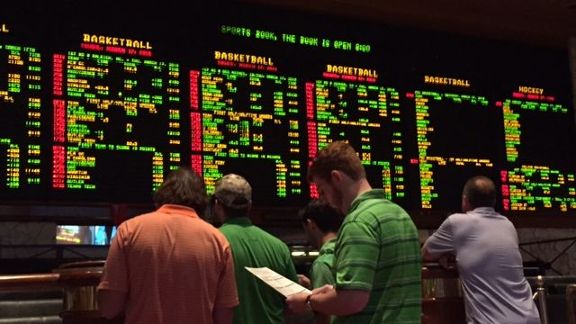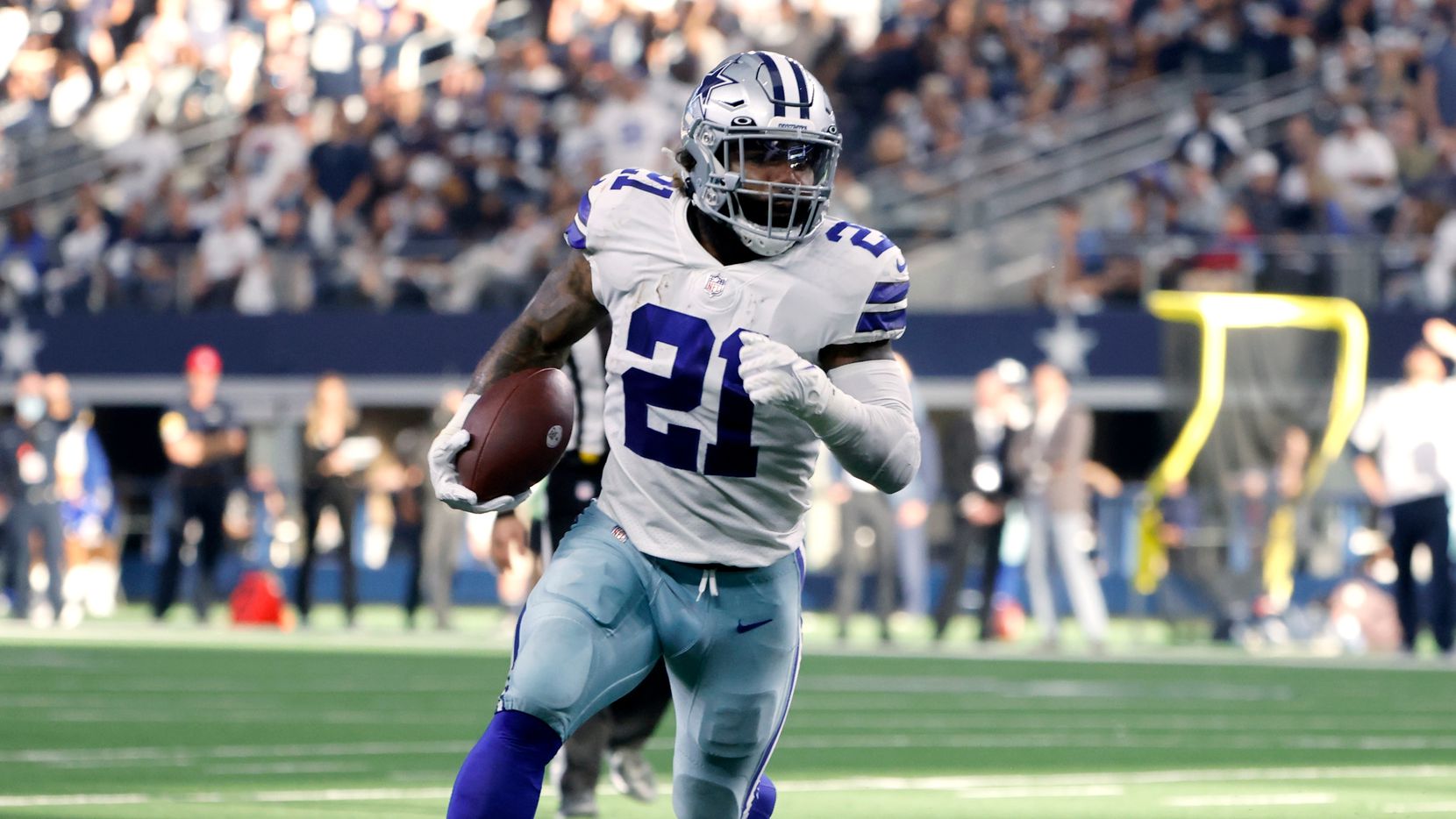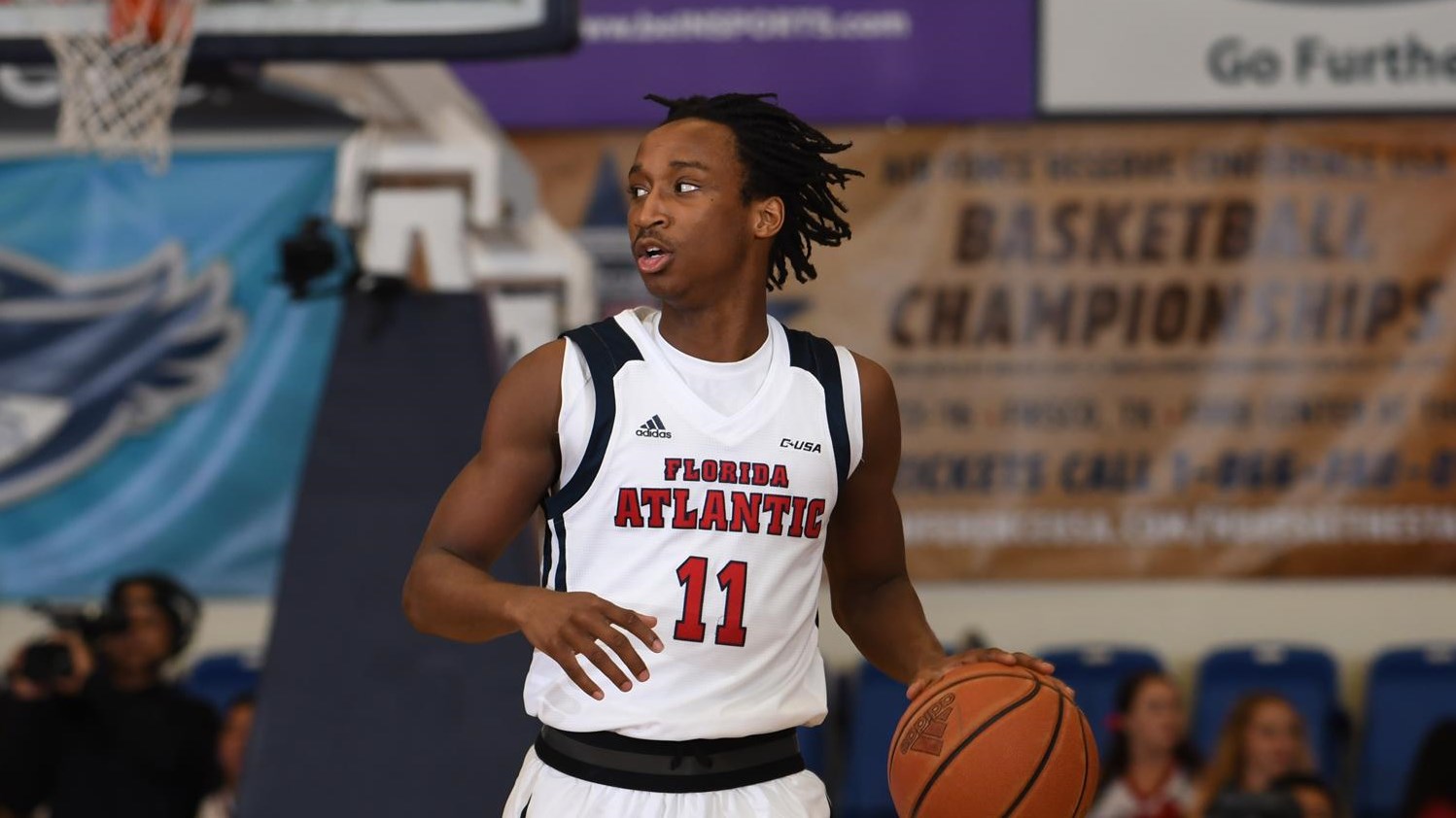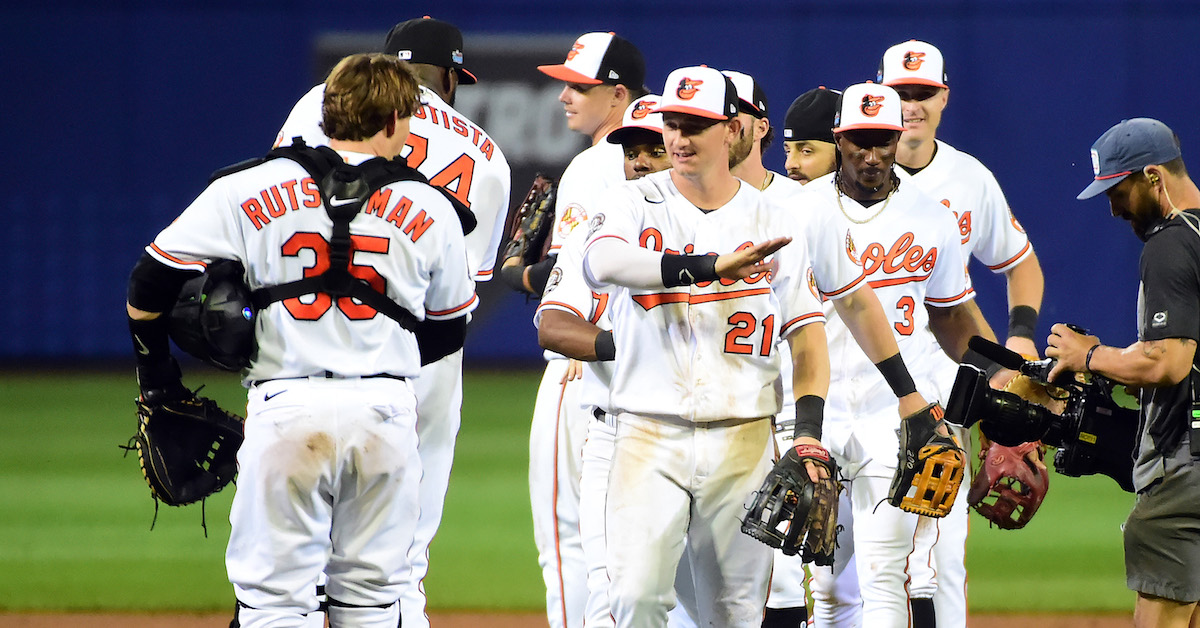Picture a future where you settle in with a beer, a ballgame and a bet that can be made legally with the click of a button.
If you’re watching a boring blowout, plug in a wager that the struggling quarterback will toss another interception before the end of the quarter.
The push is on in Florida to legalize sports betting, and a pile of cash is at stake.
“We think it’s time for Florida to take it out of the shadows and into the sunshine,” he said.
Brandes filed a bill that would authorize the Florida Lottery to offer sports betting through self-service kiosks. The state lottery would also offer licenses for businesses to take sports bets through websites and mobile apps. Licensees would split their proceeds 50-50 with the state’s share going to fund scholarships and educational services.
Legalized sports betting is inevitable, but it won’t happen in the near future in Florida, said Bob Jarvis, a law professor at Nova Southeastern University.
Jarvis said he wouldn’t bet on Brandes’ bill finding success in Tallahassee because it ignores the “800-pound gorilla in the room” — the powerful Seminole Tribe of Florida.
“His bill is DOA,” said Jarvis, who teaches classes on gambling law. “A longshot comes through every once in awhile. This bill isn’t getting out of the chute.”
The tribe operates six casinos across the state and wants to control sports betting, he said.
Legalized sports betting also would set off a barrage of lawsuits that would take time to resolve — from whether sports leagues should get a cut of the proceeds to whether the Legislature has the power to offer sports betting through the state lottery, Jarvis said.
Brandes’ bill would allow betting on collegiate and professional sports, as well as Olympic and international contests. Youth and high school sports are omitted. The bill allows in-game betting, and you’d have to be 21 or older to wager.
While Brandes sees a boon for the state, John Sowinski, president of the anti-gambling group No Casinos Florida, sees a nightmare. He said legalized sports betting would turn stadiums into open-air casinos where fans are betting on everything from how many fumbles there will be to how long it will take a singer to finish the national anthem before the game.
Sports would be forever changed by the addictive form of gambling that would be only a click away, Sowinski said.
He doesn’t think the Legislature even has the authority to authorize sports betting.
“It can only be approved by voters through a statewide constitutional initiative,” Sowinski said. “It is a reasonably open and shut matter.”
In 2018, voters approved Amendment 3, which stipulated that any expansion of “casino gambling” can be done only through a citizen-initiated constitutional amendment.
Sowinski said that means voters would have to approve sports betting in the ballot box. Brandes, though, has a different interpretation and thinks sports betting could be authorized by the Legislature and wouldn’t require voter approval.
That amendment, plus the Florida House’s historic opposition to gambling bills, could put a stop to Brandes’ efforts. His bill does not have a companion piece of legislation in the House.
Earlier this year, the Seminole Tribe quit a longstanding revenue-sharing agreement it had with the state, which granted the tribe exclusivity on lucrative blackjack and other banked card games at its casinos.
The Seminoles say the state has failed to enforce that exclusivity, and the tribe started withholding its roughly $350 million annual payments earlier this year. As a new deal is being negotiated, the tribe has expressed an interest in sports betting.
The U.S. Supreme Court paved the way for states to legalize sports betting in a 2018 decision. Nineteen states have legalized sports wagering.
But sports betting is still off limits in the three most populous states — California, Texas and Florida. In New York, sports betting is allowed only at upstate casinos.
Jarvis said he expects it will take time to hash out the framework on legalized sports betting, but it will happen.
“There is so much money at stake,” he said. “Everyone wants sports betting. The public wants sports betting. The leagues want sports betting because there is new revenue. The government wants sports betting because of the tax revenue.”







